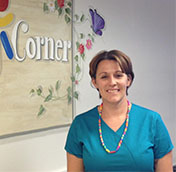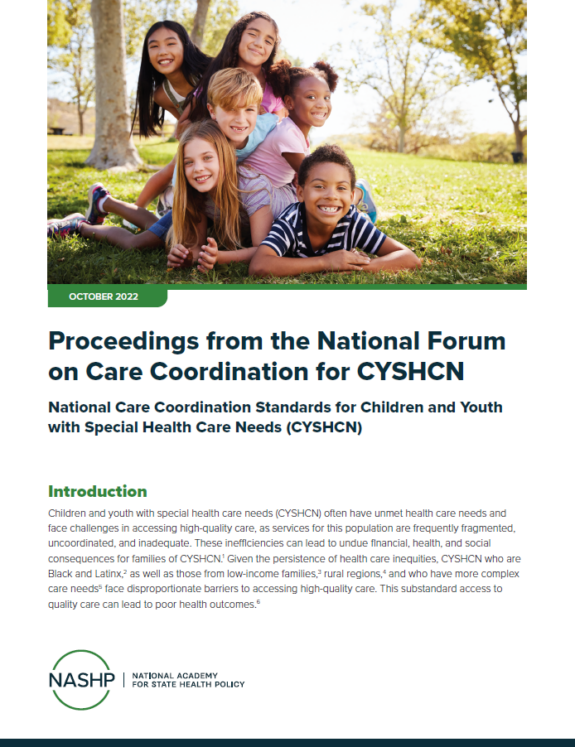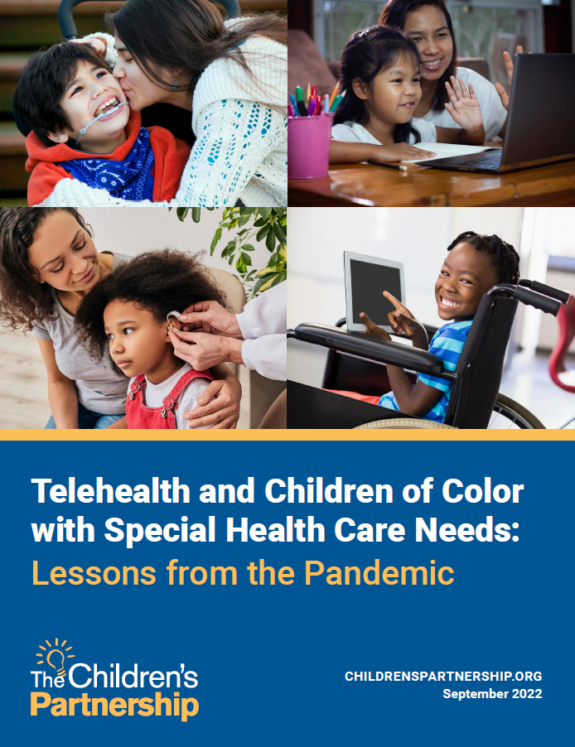Meg Molloy has to close her office door to finish a phone call. “It’s gross motor time,” she explains. “I have nine 2- and 3-year-olds with helmets on, riding tricycles everywhere.”
Molloy is nursing director for Caring Corner, a day care center and preschool in Bakersfield that serves only medically fragile children. Those kids on tricycles may have seizure disorders, heart defects, cerebral palsy, autism or diabetes, but they all share a need for skilled nursing care during the day.
“It’s a very happy environment,” Molloy said. “We don’t treat any of our kids like they’re sick.”
Caring Corner, based in Bakersfield, is one of only 16 pediatric day health care centers in California. These centers, regulated as health care facilities, play a key role in providing day care for children with special health care needs and respite care for their families. Caring Corner even offers occasional overnights to give parents a break, Molloy said. The owner of Caring Corner also operates another pediatric day health care center in Fresno.
At Caring Corner, Molloy supervises licensed vocational nurses and aides who handle specialized feeding, suctioning, medical injections, breathing tubes, seizure treatment and other nursing needs throughout the day. Occupational and physical therapy is provided daily by outside therapists.
Children must require nursing care to attend Caring Corner, and their care is typically paid for by Medi-Cal. Most private insurers will not pay for the center’s services, Molloy said.
The center currently serves about 70 children, although they don’t all attend every day. Between 40 and 50 children regularly attend the preschool program, which is funded with a grant from First 5-Kern County. Others are bused from their regular schools to a specialized after-school program at Caring Corner. All of them have care plans from their physicians, which are updated every six months, Molloy said.
Caring Corner’s staff participates in the Kern County Medically Vulnerable Care Coordination Project, which is part of the California Community Care Coordination Collaborative supported by the Lucile Packard Foundation for Children’s Health.
Molloy said she has learned a lot from coordination project’s meetings. “As a pediatric nurse in a hospital, I honestly didn’t realize there was so much involved (in out-of-hospital care). You don’t see all that outside stuff,” Molloy said.
“In talking to the parents, they have six different doctors, and none of them are in town – you realize the amount of coordination that needs to go on in scheduling doctor appointments so that you’re not out of town 10 times in a month. It’s just amazing all the hoops these people have to jump through; it’s overwhelming.”
Molloy said Caring Corner’s administrator does coordinate on occasion with regional centers or local CCS offices that provide services that the center’s children may use. CCS does not pay for Caring Corner’s care, and the regional centers sometimes pay part of the cost, but that is rare, she said.
If parents are having difficulties coordinating care, her staff nurses try to get involved where they can. “Sometimes doctors respond a bit better when it’s another medical facility calling than a just a parent leaving a message,” she notes.
It’s rewarding when she can help parents with care coordination. In fact, Molloy said, “I think all of it is rewarding. I’ve never had a job where kids attack me every day saying ‘I love you.'”



